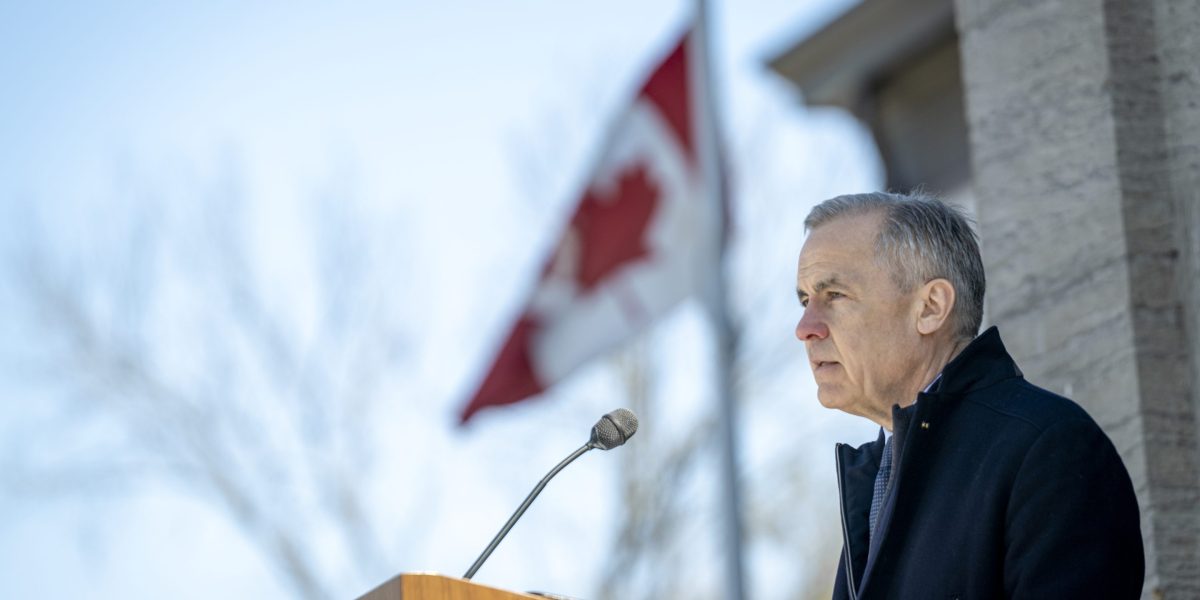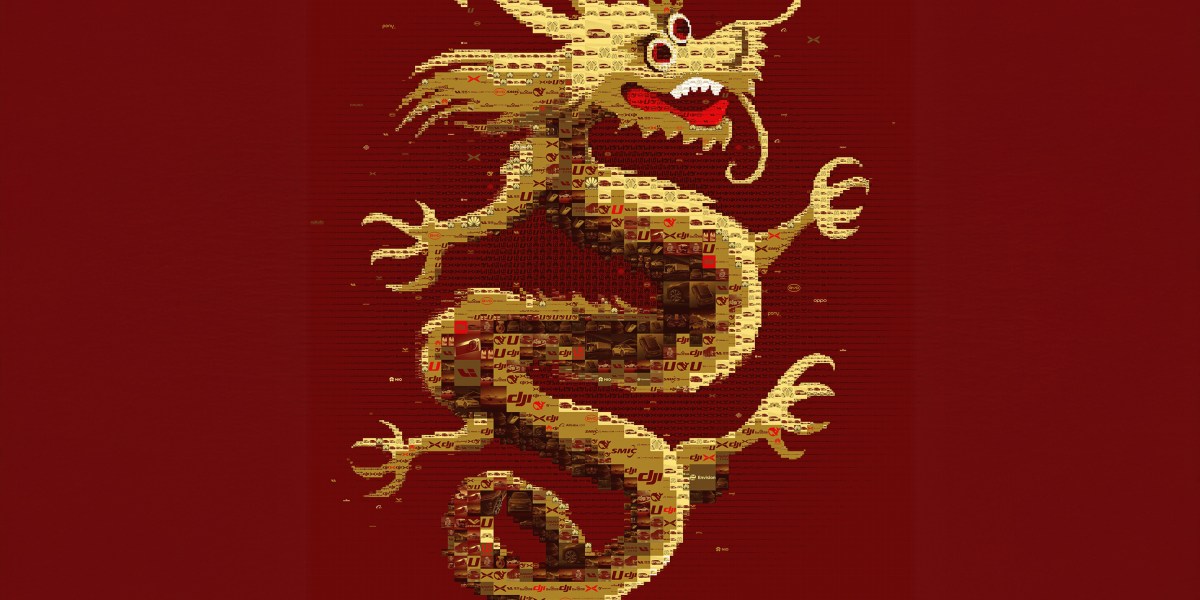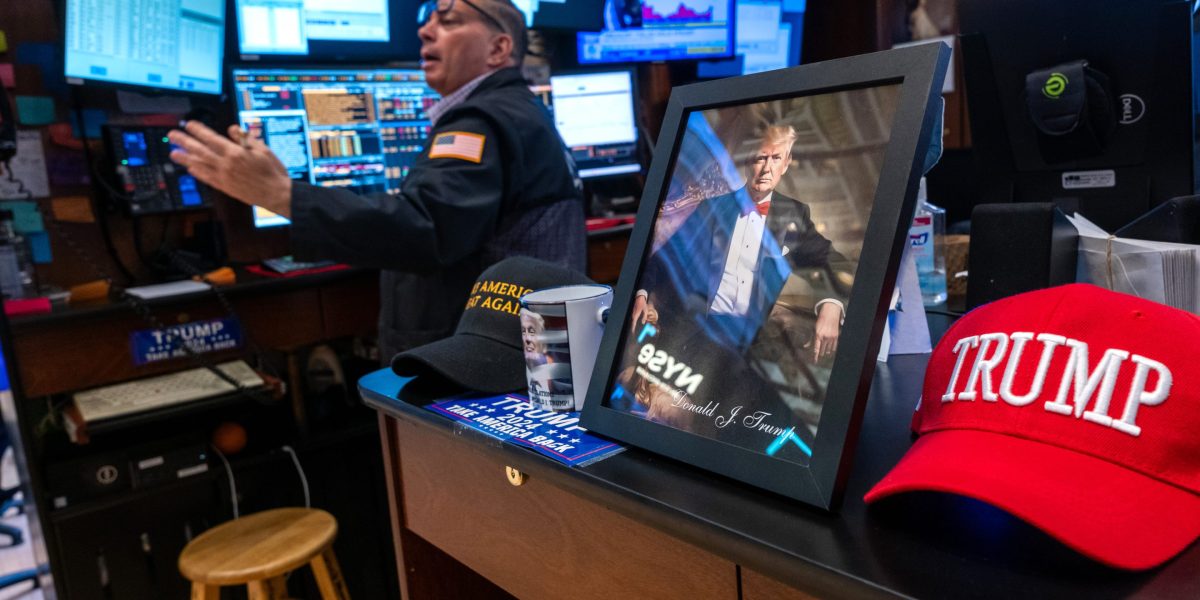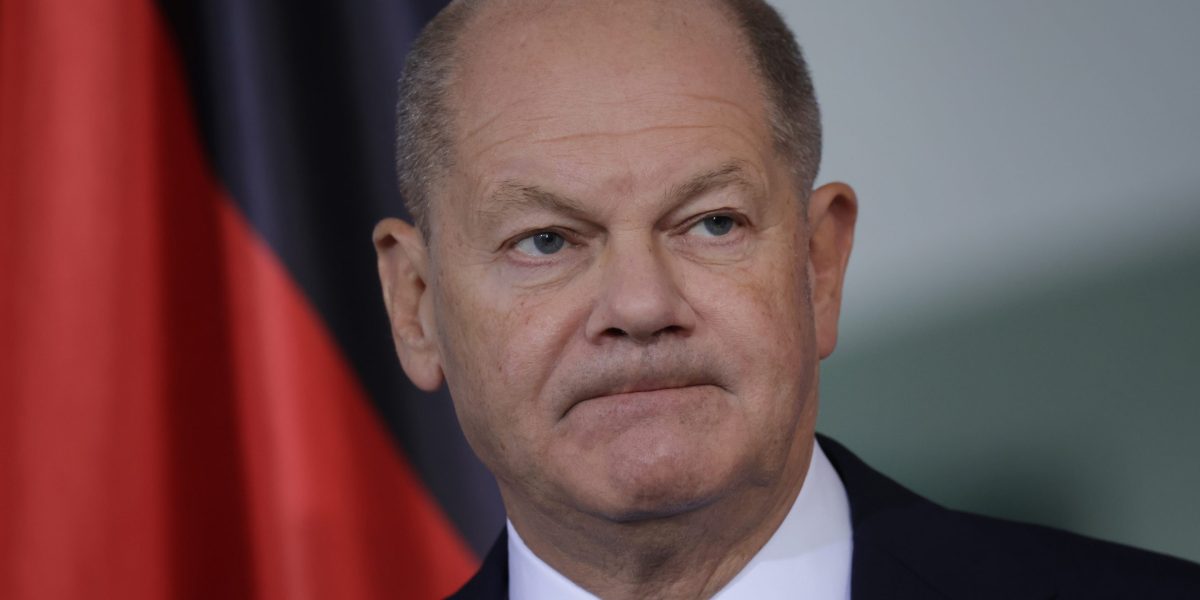New Canadian Prime Minister Mark Carney and his Conservative opponent said U.S. President Donald Trump must respect Canada’s sovereignty as they kicked off their election campaigns Sunday against the backdrop of a trade war and Trump’s annexation threats.
Carney announced a five-week election campaign before the vote on April 28.
“We are facing the most significant crisis of our lifetimes because of President Trump’s unjustified trade actions and his threats to our sovereignty,” Carney said.
“President Trump claims that Canada isn’t a real country. He wants to break us so America can own us. We will not let that happen,” he added.
The governing Liberals appeared poised for a historic election defeat this year until Trump declared a trade war. He has repeatedly said Canada should become the 51st U.S. state and has acknowledged he’s upended Canadian politics.
Trump’s almost daily attacks on Canada’s sovereignty have infuriated Canadians and led to a surge in Canadian nationalism that has bolstered Liberal poll numbers.
“They want our resources. They want our water. They want our land. They want our country. Never,” Carney said at a rally in Newfoundland.
The election campaign for 343 seats or districts in the House of Commons will last 37 days. Although other parties are running, the Liberals and the Conservatives are the only two that have a chance to form a government. The party that commands a majority in Parliament, either alone or with the support of another party, will form the next government and its leader will be prime minister.
Carney replaced Justin Trudeau, who announced his resignation in January but remained in power until the Liberal Party elected a new leader following a leadership race.
The opposition Conservatives hoped to make the election about Trudeau, whose popularity declined as food and housing prices rose and immigration surged. But after decades of bilateral stability, the vote is now expected to focus on who is best equipped to deal with Trump.
Carney said the choice for Canadians is a “Canadian Trump or a government that unites.”
“Canadians are always ready when someone else drops the gloves,” Carney said in a hockey reference. “In this trade war, just like in hockey, we will win.”
Trump put 25% tariffs on Canada’s steel and aluminum and is threatening sweeping tariffs on all Canadian products — as well as all of America’s trading partners — on April 2.
Conservative leader Pierre Poilievre is Carney’s main challenger. The party and Poilievre were heading for a huge victory in Canada’s election until Trump’s near-daily trade and annexation threats derailed them.
Alberta Premier Danielle Smith, a conservative ally, said Poilievre would be “very much in sync” with the “new direction in America.”
“The content of this interview is very bad news for the Conservatives because it reinforces the Liberals’ narrative about Pierre Poilievre and his perceived ideological proximity with Donald Trump,” said Daniel Béland, a political science professor at McGill University in Montreal.
Poilievre said he will stand up to Trump.
“I will insist the president recognizes the independence and sovereignty of Canada. I will insist he stops tariffing our nation,” he said as he launched his campaign.
“I know a lot of people are worried, angry and anxious. And with good reason as a result of the president’s unacceptable threats against our country,” Poilievre said.
Carney still hasn’t had a phone call with Trump and that might not happen now until after the election. Trump mocked Trudeau by calling him governor, but he has not yet mentioned Carney’s name.
“Trump must recognize that Canada is a sovereign country,” Carney said. “He has to say that, he has to accept that, before we can have a discussion about a trade agreement. … Let’s just say there is no meeting that has been planned.”
Carney, 60, was the head of the Bank of Canada during the 2008 financial crisis. In 2013, he became the first noncitizen of the United Kingdom to run the Bank of England, helping to manage the impact of Brexit.
Carney, a political novice, said Canadians want change and he’s moved the Liberal Party to the right, announcing a middle-class tax cut Sunday and scrapping Trudeau’s signature carbon tax and reversing a capital gains tax increase.
Poilievre, 45, for years the party’s go-to attack dog, is a career politician and firebrand populist who says he will put “Canada first.” Elon Musk, who is playing an integral role in the Trump administration, has endorsed and praised him.
This story was originally featured on Fortune.com
Source link


 Entertainment8 years ago
Entertainment8 years ago
 Politics8 years ago
Politics8 years ago
 Entertainment8 years ago
Entertainment8 years ago
 Entertainment8 years ago
Entertainment8 years ago
 Tech8 years ago
Tech8 years ago
 Tech8 years ago
Tech8 years ago
 Tech8 years ago
Tech8 years ago
 Politics8 years ago
Politics8 years ago






